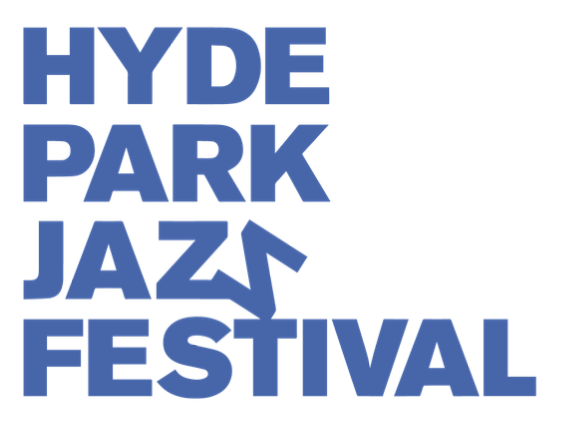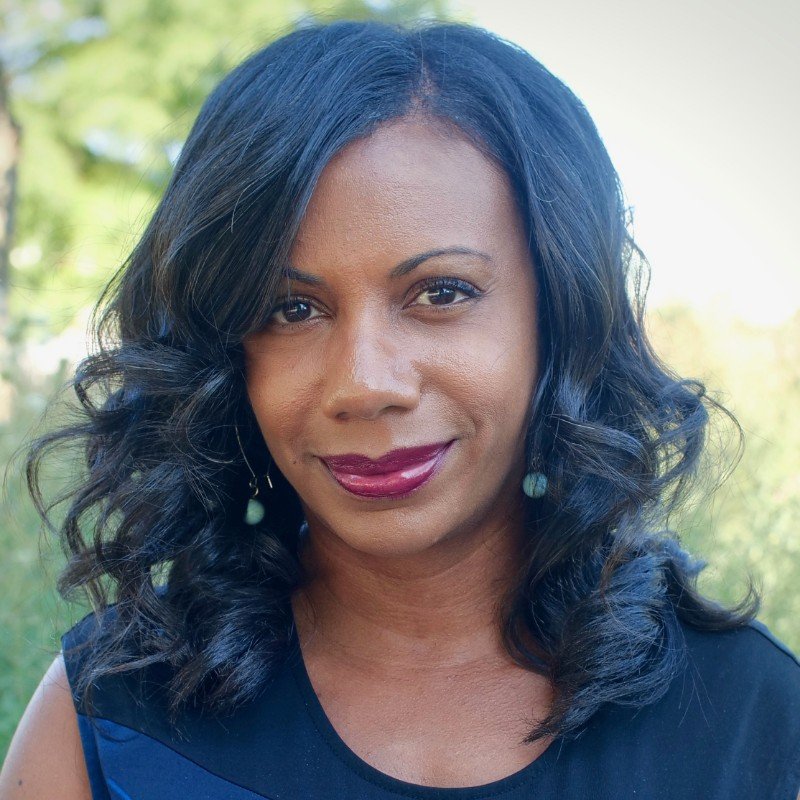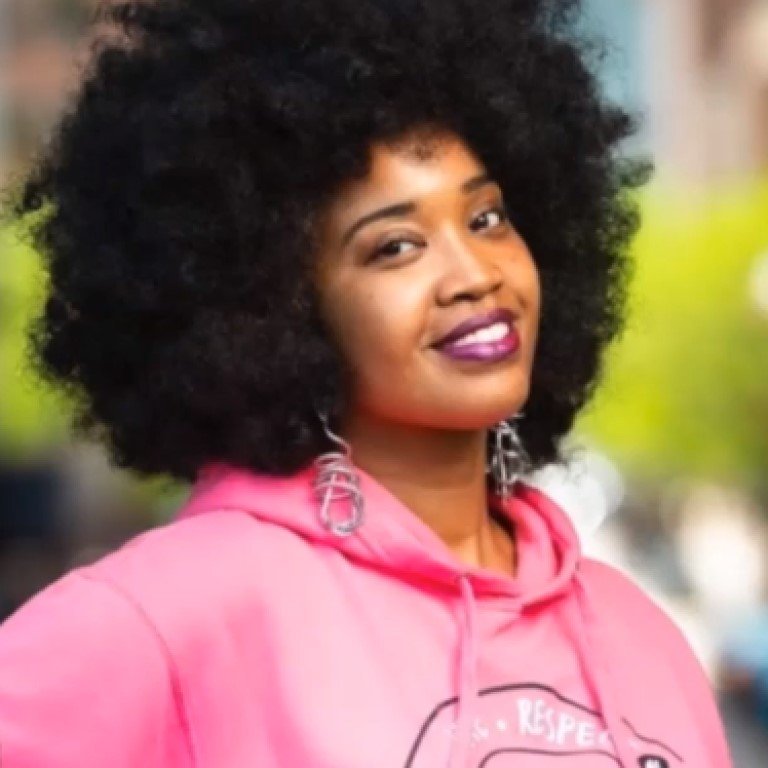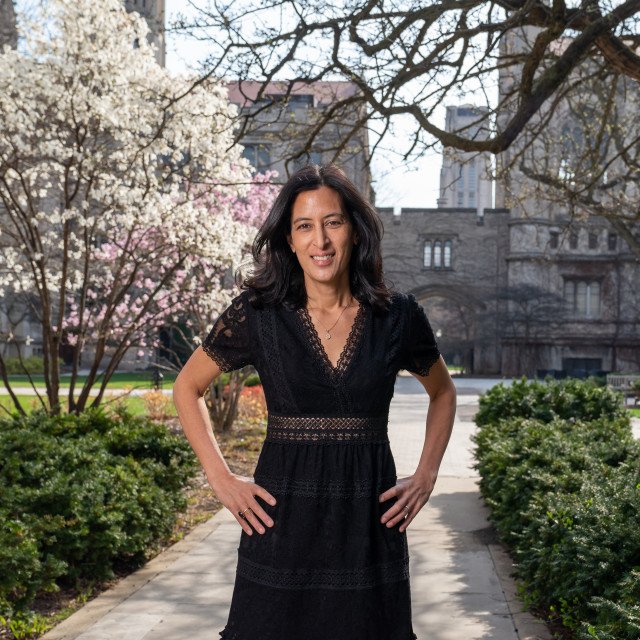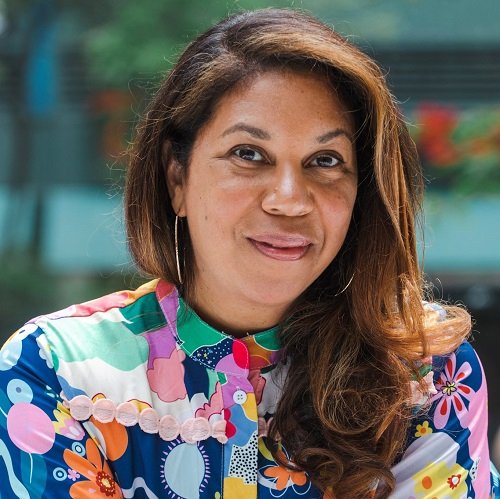THE Symposium is happening on SATURDAY, OCTOBER 8th from 11:00AM - 5:45PM.
PLEASE click here to RSVP
SYMPOSIUM FULL PROGRAM
Since the 2015 premiere of “Hypocrisy of Justice,” collaborating artists Dana Hall and Cheryl Lynn Bruce, and Kerry James Marshall have expressed interest in further developing and remounting the project. There has also been an interest expressed by the artists, the Hyde Park Jazz Festival, the Logan Center for the Arts, the University of Chicago Presents, various South Side organizations, and several departments at the University of Chicago in building a convening in connection with the performances to engage in cross-sectoral conversations centering the many structural issues the novel brings forth, particularly intersecting inequities within systems and institutions, along with the lived experience of confinement, redemption, hope, and the idea of home. On Saturday, October 8th, 2022, the Chicago community is invited to participate in four 75–minute moderated discussions and other activations with activist/organizers, scholars, journalists, practitioners, and artists. The convening is free to attend. We encourage you to RSVP. All symposium activities are hosted by the Logan Center.
The symposium is curated and organized by Kate Dumbleton, Executive/Artistic Director of the Hyde Park Jazz Festival in partnership with Dana Hall, the Hyde Park Jazz Festival, the Logan Center, and University of Chicago Presents, with additional support from the Jazz Institute of Chicago Dr. Timuel Black Grant Program, Illinois Humanities Envisioning Justice, and the National Public Housing Museum. Additional thanks to SAIC graduate students in Arts Administration and Policy.
Symposium panels
Home
Nearly a character in Native Son, the backdrop of oppressive living conditions in the “black belt” on the South Side of Chicago in the 1930s swirls around the novel’s central character, Bigger Thomas, and his family and friends. This discussion will consider both the historical and current state of housing, and include the exploration of discriminatory practices, displacement, eviction, and strategies for change. This panel is presented in partnership with the National Public Housing Museum.
Moderated by: Natalie Moore
Panelists: André Perry, Shana griffin, Tonika Lewis Johnson
TIME: 11:00AM-12:15PM (Logan Center Performance Penthouse)
Lunchtime Discussion: Cheryl Lynn Bruce & Dana Hall
Moderated by: Kamilah Rashied
Two of the project creators discuss their approach to creating Hypocrisy of Justice and share insights gained from the experience.
TIME: 12:45PM-1:15PM
The Carceral State
Questions of seeing and being seen in relationship to individual and collective humanness are woven throughout Native Son, as are the structural elements preventing their full consideration. This is particularly acute in the novel’s third section, “Fate,” with which Dana Hall and Cheryl Lynn Bruce engage for this commission. This discussion considers the structural and sociological elements of anti-black violence, as well as remedies-at-scale for addressing them.
Moderated by: Colette Payne
Panelists: Elliot Currie, Jamie Kalven, Brenda Palms-Barber
TIME: 1:30PM-2:45PM (Logan Center Performance Penthouse)
Systems of Care: Who is Being Served?
The Covid-19 pandemic has exposed many intersecting inequities in public health in the United States, including food insecurity, environmental racism, and lack of access to health care. This discussion considers the current state of activism around community care, food systems, environmental justice, historical and emerging systems of mutual aid, and other transformational ideas for the future.
Moderated by: Sabina Shaikh
Panelists: Maira Khwaja, Trina Reynolds Tyler, Omar Tate
TIME: 3:00PM-4:15PM (Logan Center Performance Penthouse)
Transforming Conditions (Reimagining Possibilities)
In the 2020 University of Chicago Martin Luther King, Jr. Day talk by journalist/writer Isabel Wilkerson, Wilkerson referenced the “destructive hesitancy of the well-meaning” as it relates to advancing equity and social/racial justice. This discussion considers the challenges of incrementalism; individual and collective freedom; black creativity; and strategies for change across sector and at scale.
Moderated by: Adam Green
Panelists: Marc Bamuthi Joseph, Richard Wallace, Angelique Power
TIME: 4:30PM-5:45PM (Logan Center Performance Penthouse)
